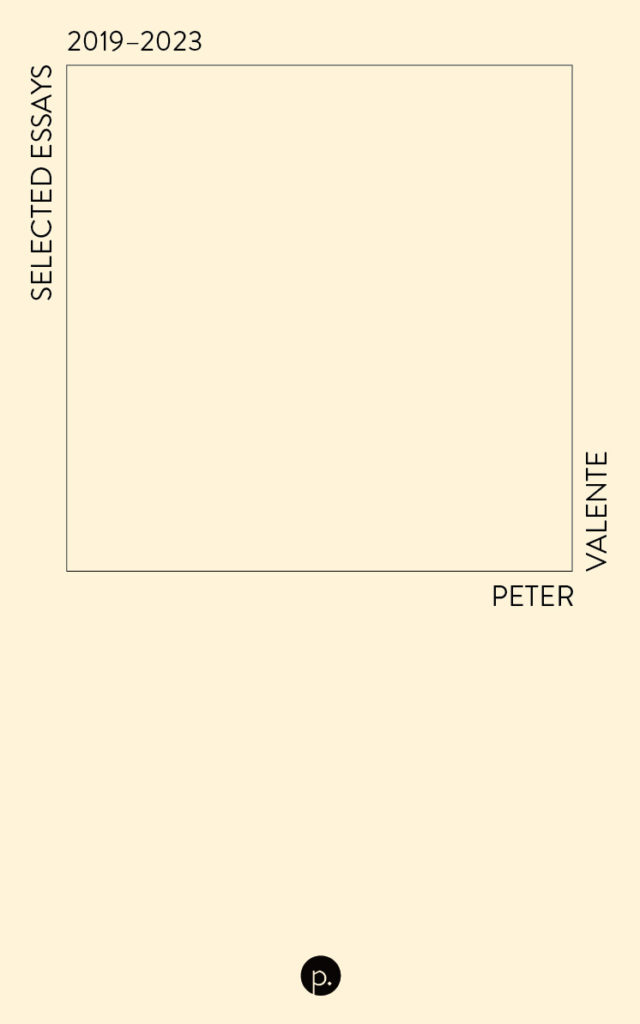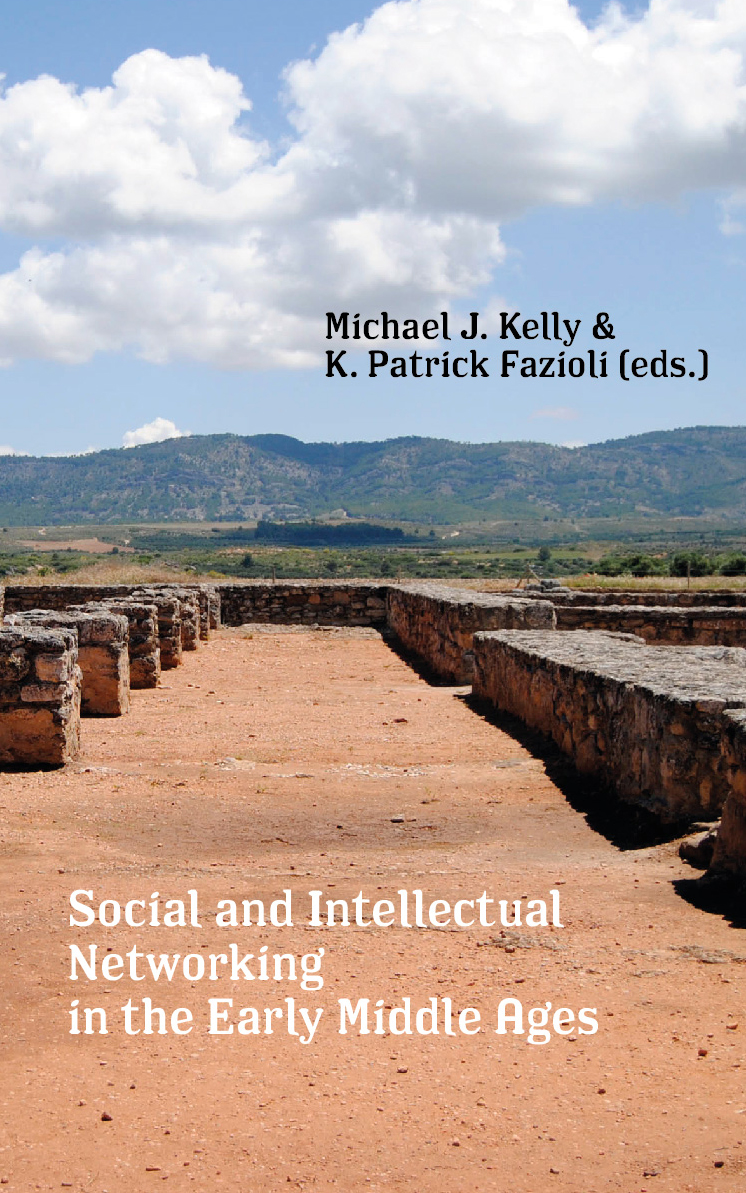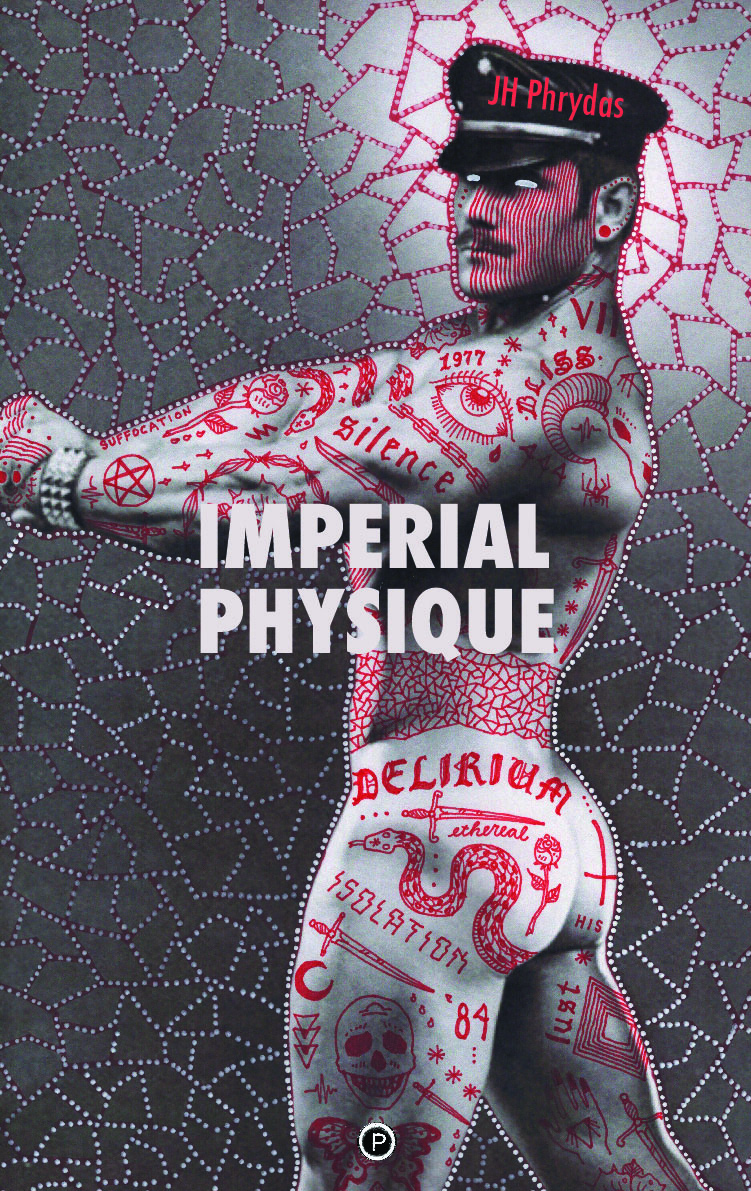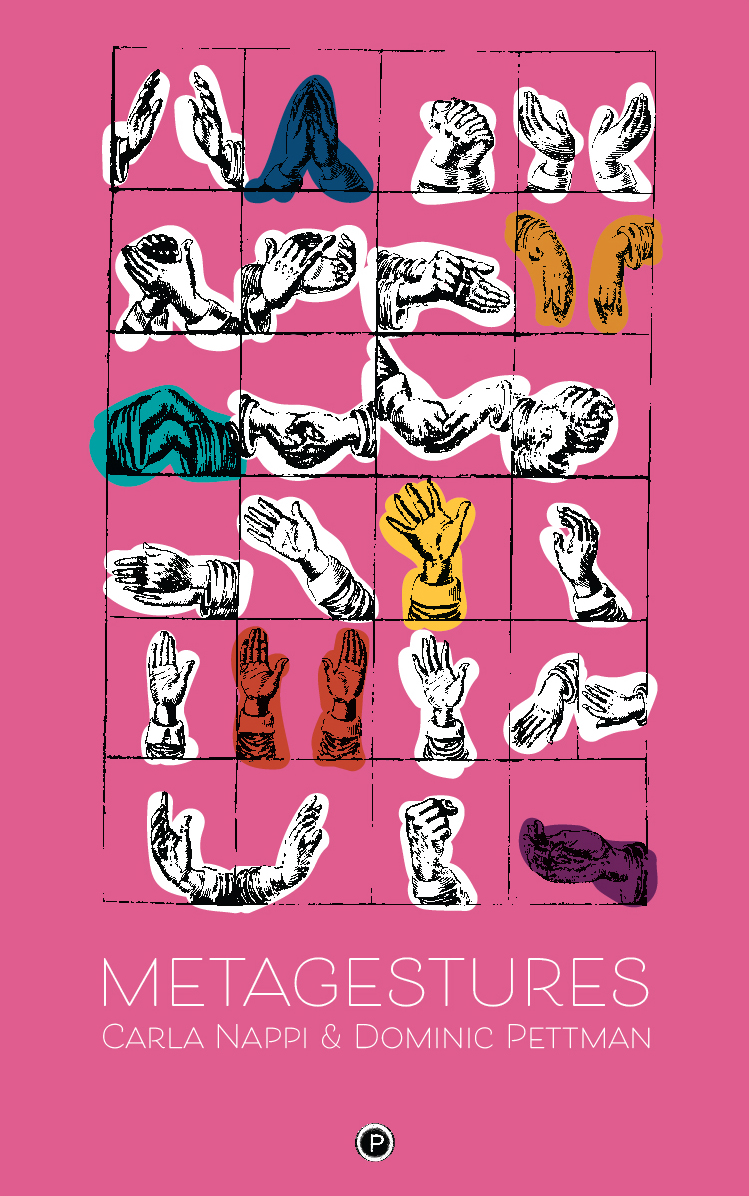“There are floods that destroy entire contents of a library or publishing house; libraries and museums bombed during wartime; authors themselves demanding certain works or letters be burned at their death; those who attempt at their own risk to save what they can of a manuscript; manuscripts left in taxis and never to be found again; there are distracted painters who paint over an artwork not realizing what they are doing; finally, there are those works that never came to fruition for one reason or another, never to be known. We are given the misfires, the aborted works, the destroyed works, the mishandled works; the book is a catalogue of brutality, desperation, anger, shame and failure. It is like the negative of a photo, not the bright image we expect; it is the lack seething behind our feeling of abundance; it is a catalogue of the unfinished, the unknown, the unknowable. The effect of all the statements is quite devastating, and it reads like a kind of book of the dead. But it is also a magical book where the dead will live again in its pages.”
So writes translator and cultural critic Peter Valente, in an essay about Henri LeFebvre’s The Missing Pieces, a catalogue of lost and never realized artworks. Selected Essays, 2019-2023 collects Valente’s thinking and writings about books, films, poetry, digital art, dance, music, and other cultural objects that were important to him during the last decade. The essays cover a wide array of topics, from an examination of the new styles of music and dance in the UK to Gavin Douglas’s 16th-century translation of the Aeneid, from Bernadette Mayer’s Memory to John Ruskin’s work, from an in-depth analysis of John Wieners’s “A Poem for Painters” to an exploration of Maya Deren’s experimental filmmaking. In these essays, Valente explores books by contemporary experimental poets such as Will Alexander and Adeena Karasick as well as prose writers such as Cookie Mueller and David Wojnarowicz. Valente’s essays are not limited nor bound by current fashions in the poetry or prose worlds. His readings remain, as can be seen in his previous collection, Essays on the Peripheries, open ended and adventurous.





